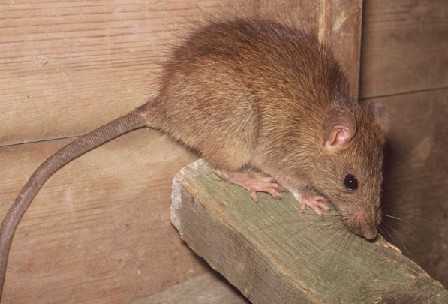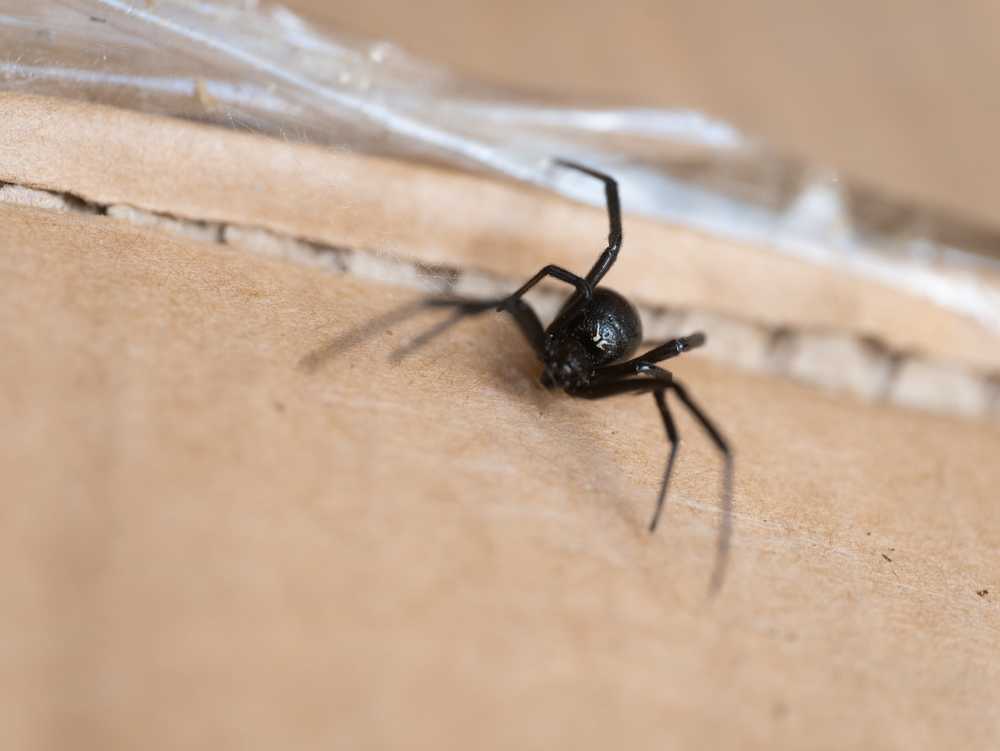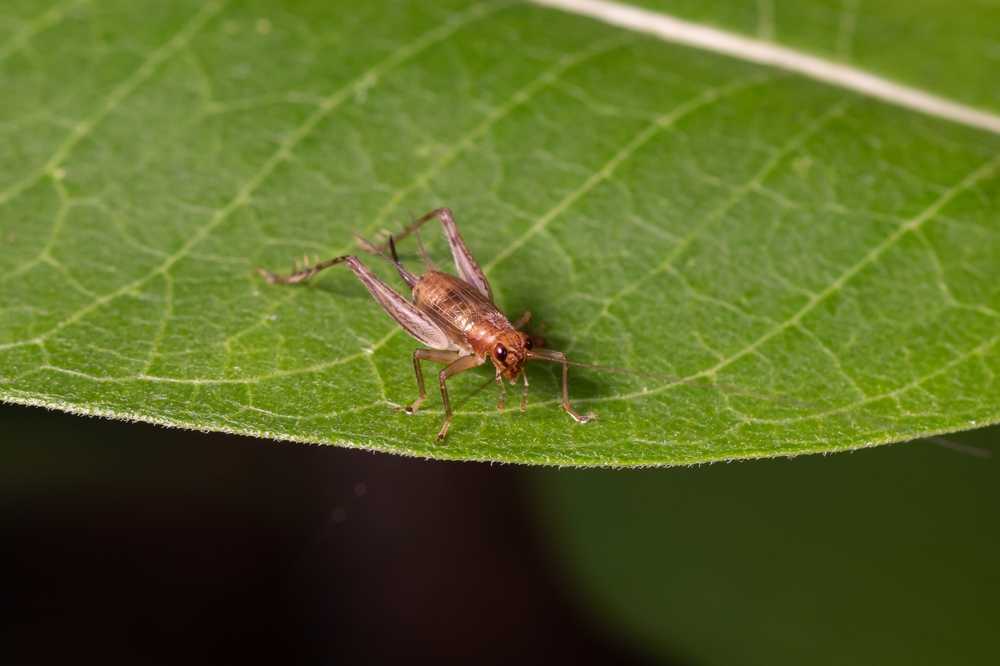Rodent (Rodentia)
Treatments for this pest are included in these services:
- Residential Pest Control
- Commercial Pest Control
- Hotel & Hospitality
- Property Management
- Service Plan Options

Learn About Rodents in Arizona
Rodents can be some of the worst pests imaginable. Along with their unpleasant appearance, they carry a variety of diseases that are harmful to people, such as rat-bite fever, hantavirus, and salmonellosis. When they’re not endangering your health, they’re creating fire hazards by gnawing on electrical wiring or staining ceilings with their waste. Rodents also chew on walls and insulation, creating expensive damage throughout your home or business.
Learn about the different types of rats and mice that most often invade homes and businesses throughout the Phoenix area and the state of Arizona.
Types of Rodents in Arizona
Woodrat
Woodrats, or pack rats, are common pests found in central Arizona. Grayish-brown in color with a white patch on their throats, these medium-sized rodents have large hairless ears that help them stay cool in the scorching desert heat. Woodrats typically live in burrows near wooded areas, but they may invade homes and businesses in search of food and shelter.
Roof Rat
Roof rats may not be native to Arizona, but they’re becoming an increasingly common pest in the Greater Phoenix metro. Blackish-brown in color with gray or white stomachs, these 16-inch-long pests infest properties by climbing onto roofs from overhanging tree branches.
House Mouse
Although house mice aren’t as large as their rat cousins, they can be just as frustrating to eliminate. Dusty gray and measuring only 4 inches long, house mice can easily slip into homes and businesses through the tiniest holes and cracks. Once they’re inside, they’ll feed on and contaminate any food storage that they can find.
Deer Mouse
Generally, deer mice prefer the outdoors over your kitchen pantry. In the cooler months of the year, however, they may wander indoors for warmth, shelter, and food. Gray or tawny in color with white-colored stomachs, deer mice closely resemble house mice. And while they share many similarities with house mice, deer mice are typically 3 inches larger.
Prevention Tips For Rodents in Arizona
The number-one way to keep rodents out of your space is prevention. Seal rodents out by filling any gaps, holes, cracks, or crevices both on the interior and exterior of the building. Mice and rats can flatten themselves to squeeze through the smallest of openings, so caulk any voids you see between floors and walls, and repair damaged doors or window screens.
The only other thing rodents love as much as a warm place to nest is a steady supply of food and moisture. Thus, make sure you maintain a clean environment by keeping food and trash sealed away. Kitchens are an especially comfortable haven for rodents, so promptly clean up spills, crumbs, and dishes before unwelcome rodent guests can clean them up for you. Remove any sites of excess moisture, and fix leaky faucets or pipes.
Lastly, you can take simple pest control measures such as setting traps near areas where rodents hang out. The most effective, holistic way to keep rodent populations at bay is with a regular pest control program that inspects and treats for all kinds of invaders.
FAQs About Rodents in Arizona
What types of rodents are common in Arizona?
Arizona is home to several types of rodents, including roof rats, pack rats, house mice, and ground squirrels. Each species has different behaviors and habitats, with some more likely to enter homes in search of food and shelter.
Are rodents dangerous to humans and pets?
Yes, rodents can be harmful as they carry diseases, contaminate food, and may cause property damage. Rodents can spread illnesses like hantavirus and salmonella, and their droppings and urine can trigger allergies and asthma in sensitive individuals.
What are the signs of a rodent infestation?
Common signs include droppings, gnaw marks, nests made of shredded materials, and scratching noises, particularly at night. You may also notice chewed food packaging or small holes in walls where rodents have entered.
How can I prevent rodents from entering my home?
To keep rodents out, seal cracks and gaps around doors, windows, and foundations. Store food in sealed containers, keep trash tightly covered, and remove outdoor debris where rodents might nest. Regular inspections by Responsible Pest and Scorpion Control can also help prevent infestations.
When should I contact Responsible Pest and Scorpion Control for rodent control?
If you see signs of a rodent infestation or suspect their presence, it’s best to call a professional. Responsible Pest and Scorpion Control can identify entry points, provide safe removal, and implement long-term prevention strategies to keep your home rodent-free.


